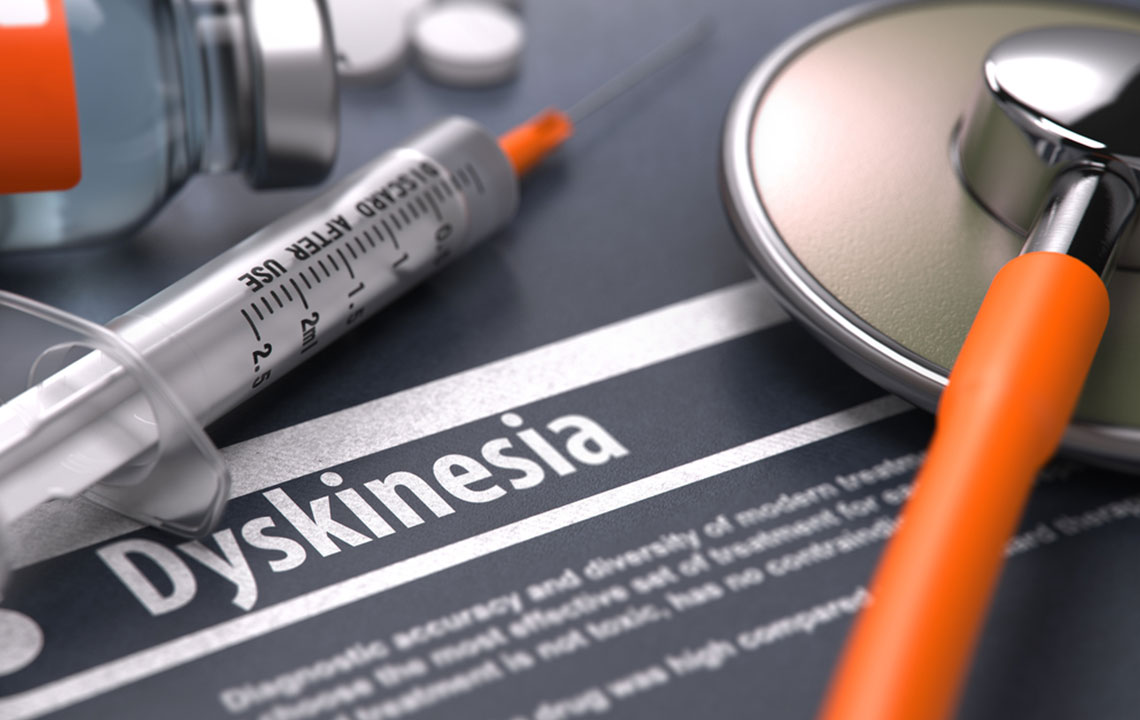Identifying the Essential Signs of Adult ADD and ADHD: A Comprehensive Guide
This comprehensive guide explores the key signs and symptoms of adult ADD and ADHD, highlighting the importance of early recognition and management. Learn about concentration issues, hyperfocus, organizational challenges, emotional fluctuations, and restlessness, and find out how proper diagnosis can improve quality of life.

Understanding Key Symptoms and Indicators of ADD and ADHD in Adults
Attention Deficit Disorder (ADD) and Attention Deficit Hyperactivity Disorder (ADHD) are neurodevelopmental conditions traditionally associated with children. However, research shows that a significant number of adults continue to experience symptoms well into their mature years. In fact, estimates suggest that approximately 5% of children exhibit signs of ADD or ADHD, and many of these individuals carry these symptoms into adulthood often without a formal diagnosis. Recognizing the early signs and understanding the core indicators of these conditions in adults is vital for timely intervention and effective management.
Untreated ADD and ADHD in adults can have wide-ranging effects, impacting emotional well-being, professional success, and personal relationships. Symptoms can sometimes be mistaken for stress or anxiety, making awareness and correct identification more crucial. When adult ADD or ADHD remains unaddressed, it can lead to emotional instability, poor self-esteem, increased anxiety, and difficulties in maintaining daily routines. In this comprehensive guide, we will delve into the most common signs and behaviors associated with adult ADD and ADHD, providing insights to help individuals and their loved ones recognize these symptoms early on.
Core Symptoms of Adult ADD and ADHD
Understanding the hallmark features of adult ADD and ADHD allows for more accurate recognition of the disorder. While every individual manifests symptoms differently, certain indicators tend to be prevalent among adults with these neurodevelopmental challenges. Here, we explore the most common signs that signal the presence of ADD or ADHD in adult populations.
1. Difficulty Maintaining Concentration
Inattentiveness and Distractibility
Adults with ADHD often find it challenging to stay focused on tasks, especially if they are monotonous or lengthy. They may be easily distracted by external stimuli such as conversations, noises, or other environmental factors, leading to interruptions in their workflow or thought process. This difficulty maintaining attention can make completing work tasks or household chores a daily challenge.
Many adults report losing track of what they were doing mid-task or forgetting to follow through on commitments. They may struggle with reading comprehension, careful listening, or staying engaged in detailed projects. This distractibility often results in missed deadlines, careless mistakes, and an overall sense of frustration. In social situations, adults might struggle to follow conversations, leading to misunderstandings or feeling disconnected from their peers.
2. Hyperfocus – An Overwhelming Concentration
Intense Focus that Can Hinder Daily Responsibilities
Paradoxically, many adults with ADHD can experience periods of hyperfocus—an extreme level of concentration that causes them to become completely immersed in a particular activity. During hyperfocus episodes, individuals may lose awareness of time, neglect other tasks, or become oblivious to their surroundings.
This intense focus can be beneficial in certain contexts, such as completing complex projects or engaging in hobbies. However, it often becomes problematic when hyperfocus causes neglect of responsibilities like work deadlines, household chores, or personal care. Recognizing when hyperfocus is interfering with daily life is crucial, as it may be a telltale sign of adult ADHD.
3. Organizational Difficulties
Trouble Planning, Prioritizing, and Keeping Track
One of the core challenges faced by adults with ADD or ADHD is poor organizational skills. They often find it hard to plan ahead, manage time effectively, or keep personal possessions and workspace orderly. Such difficulties are not due to laziness but are rooted in executive function deficits related to the condition.
Common manifestations include missing appointments, losing keys or important documents, procrastinating on tasks, and feeling overwhelmed by the chaos of everyday life. These issues can lead to frustration and a sense of failure, often affecting professional performance and personal relationships. Developing organizational strategies and utilizing tools such as calendars and reminders can mitigate some of these challenges but may not fully eliminate them without proper treatment.
4. Emotional Instability
Rapid Mood Swings and Irritability
Emotional fluctuations are a frequent symptom among adults with ADHD. Individuals may experience quick shifts in mood, feeling elated one moment and irritable or frustrated the next. This emotional volatility can be distressing and may lead to conflicts in personal and professional settings.
Boredom, impatience, and difficulty managing stress are common emotional responses. Feelings of inadequacy or low self-esteem can develop over time if these mood swings are persistent and poorly managed. Recognizing emotional instability as a core symptom facilitates better coping mechanisms and the pursuit of appropriate treatment options.
5. Restlessness and Anxiety
Persistent Nervousness and Racing Thoughts
Many adults with ADD or ADHD report feeling constantly restless or nervous. They often have a hard time sitting still, tapping their feet, fidgeting, or feeling uneasy in quiet environments. Racing thoughts can make it difficult to relax or focus on tasks, contributing to heightened anxiety levels.
This restlessness is sometimes mistaken for general stress or workload pressure, but it is a neurobiological component of ADHD. It can also lead to physical symptoms such as muscle tension, headaches, or gastrointestinal issues. Addressing these symptoms through therapy, medication, or lifestyle changes can significantly improve emotional stability and overall quality of life.
Why Recognizing Adult ADD and ADHD Matters
Early identification of ADD and ADHD symptoms in adults is essential because it opens the door to effective management strategies. Untreated symptoms often exacerbate over time, potentially leading to serious emotional, occupational, and relationship issues. Many adults go undiagnosed for years, believing they are simply disorganized, distracted, or overwhelmed, without realizing they may be dealing with a neurodevelopmental disorder.
Proper diagnosis involves comprehensive assessments by healthcare professionals, including psychological evaluations, history taking, and sometimes neuropsychological testing. Once diagnosed, treatment options such as medication, psychotherapy, coaching, and lifestyle modifications can greatly enhance functioning and well-being.
Supporting adults in recognizing these signs empowers them to seek help, understand their behaviors, and implement coping strategies. It also fosters compassion and patience from loved ones, promoting a more supportive environment for managing adult ADD and ADHD effectively.
Conclusion: Take Action if You Recognize These Signs
If you or someone you know exhibits several of the signs discussed above, it is advisable to consult with a healthcare professional specializing in adult neurodevelopmental disorders. An accurate diagnosis can lead to tailored treatment plans, improved daily functioning, and a better quality of life. Awareness and early intervention are key in managing adult ADD and ADHD, enabling individuals to reach their full potential and enjoy more fulfilling personal and professional relationships.
Understanding the common signs of adult ADD and ADHD not only helps in early detection but also reduces stigma associated with these neurodevelopmental disorders. With proper support and treatment, adults with ADD or ADHD can lead successful, balanced lives, harnessing their strengths while managing challenges effectively.





